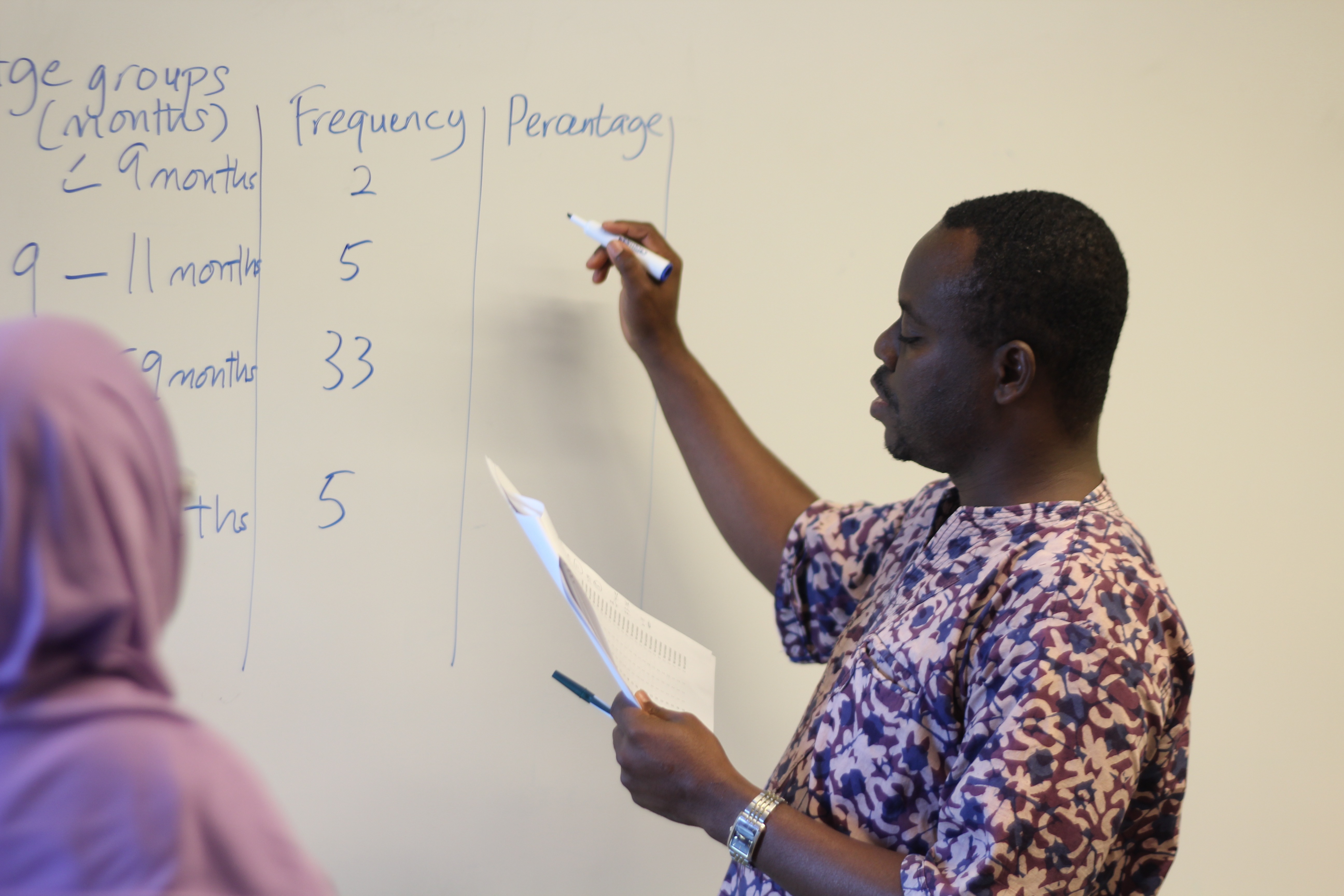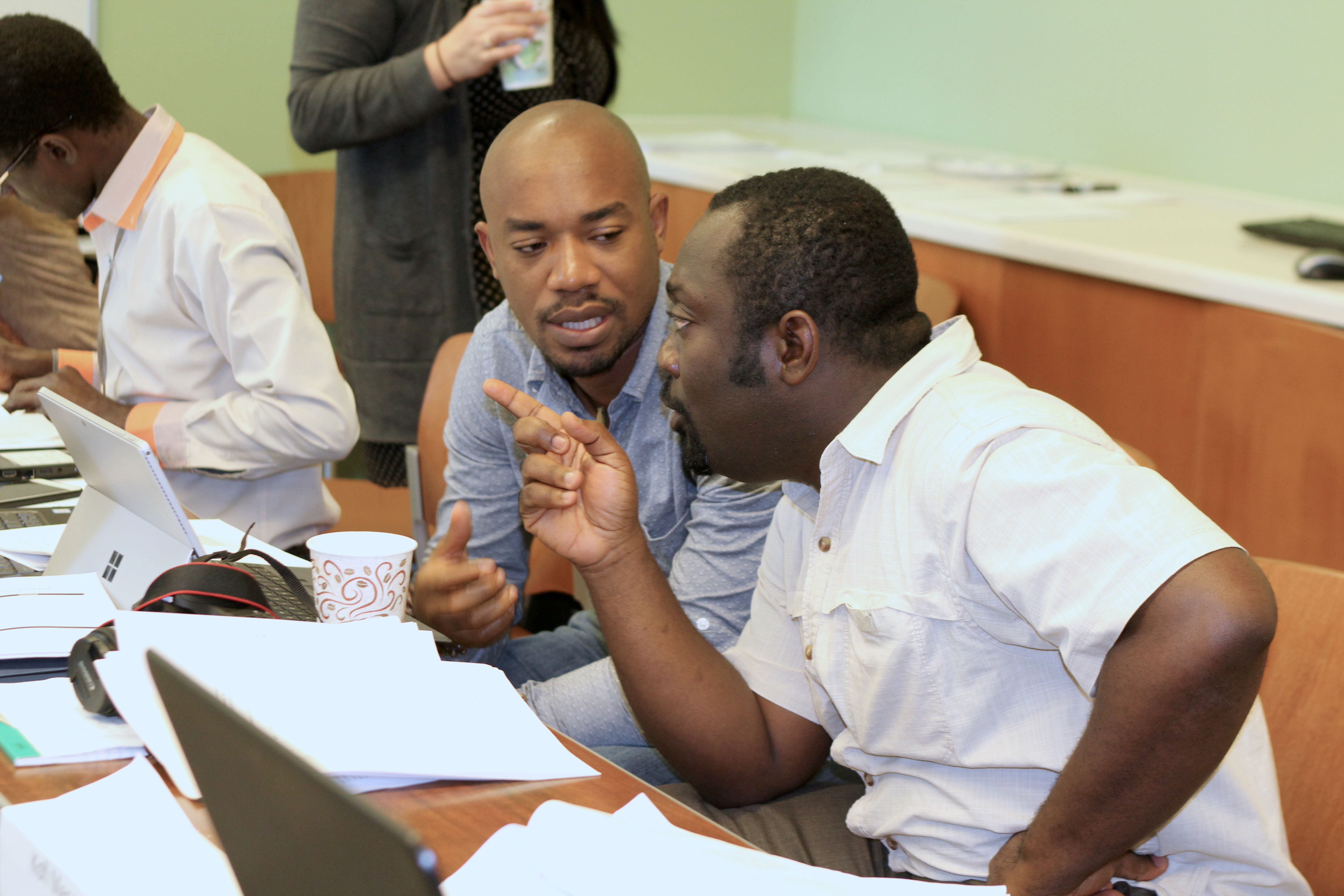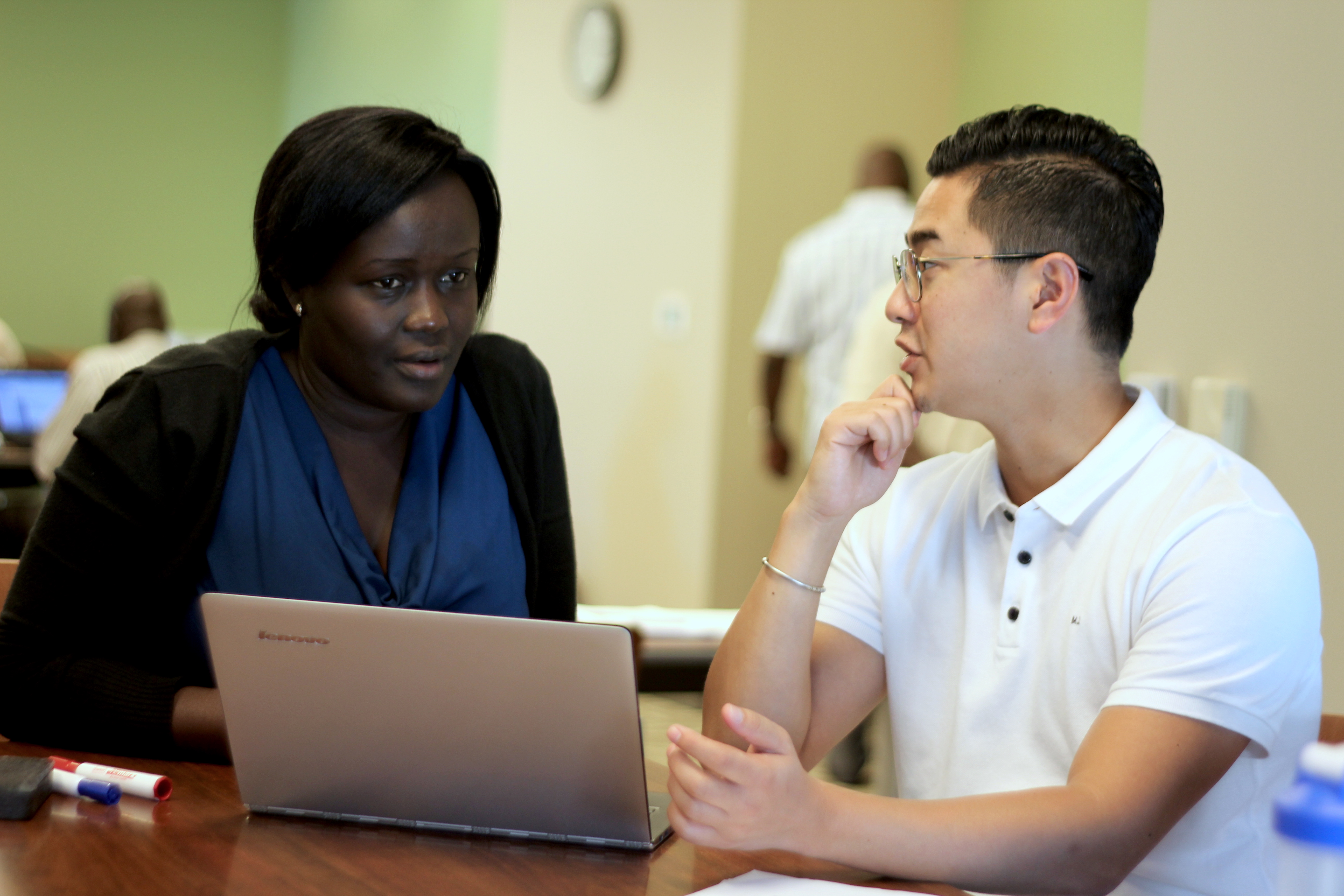The Case Study Design and Development Course at Emory University uses didactic and hands-on training to develop competency in case study design and development and other pedagogical skills. Upon completion of the course, students will be able to design and develop a thoughtful, detailed, and culturally tailored public health case study for use in public health training and workshops.
Course Outcomes
- Participate in an expert-facilitated case study
- Identify best practices for case study development and structure
- Develop one or more public health case study
- Present and facilitate a case study
- Provide and receive peer review
Course Description
The Case Study Design and Development Course aim is to help students design and develop a thoughtful, detailed, and culturally tailored public health case study that addresses a health concern in the geographical context of the student.
During the two-week course, students learn the format, process, and guidelines for developing a public health case study, then create and orally defend a case study based on a relevant public health issue. This course helps students understand and develop the elements of a case study based on SMART learning objectives. Students receive hands-on training software training to conduct a literature review and establish a literature database. They also learn skills in writing for pedagogical activities and oral presentation. Students leave with case studies ready to use in training or workshops.
Students will also have the opportunity to experience the culture of Atlanta, Georgia, USA and visit the public health museum at the Centers for Disease Control and Prevention (CDC).
Learning Objectives
- Apply case study topic selection criteria
- Draft an audience profile
- Draft case study goals and SMART objectives using Bloom’s taxonomy
- Define parameters of case studies
- Review research principles
- Explain the method of documenting case study research findings
- Identify possible sources
- Describe a public health event using epidemiologic verbiage
- Identify and understand the role of a protagonist in a case study
- Identify key decision points or actions taken in a public health event and describe their significance and rationale
- Create a detailed chronology of a public health event using epidemiologic verbiage
- Develop tables and charts for synthesis of information
- Outline the basic components of a case study
- Describe the anatomy of a case study
- Apply best practices for writing case studies
- Describe a public health event in narrative form
- Demonstrate successful scientific writing
- Develop case study exercises
- Identify information necessary for comprehensive instructor guides
- Plan logistics for case study development and use
- Develop a checklist for successful case study facilitation
- Seek commentary from colleagues and original investigators for readability, accuracy, and appropriateness of case study drafts
- Critique colleagues’ case study drafts
- Revise draft case studies to incorporate feedback



